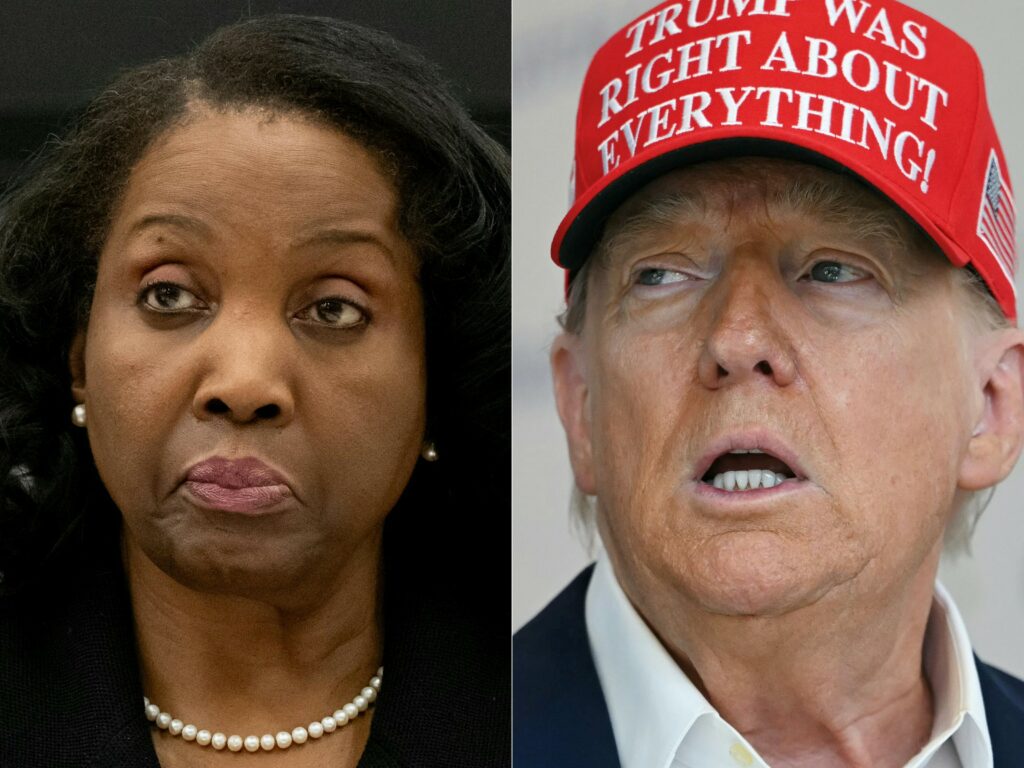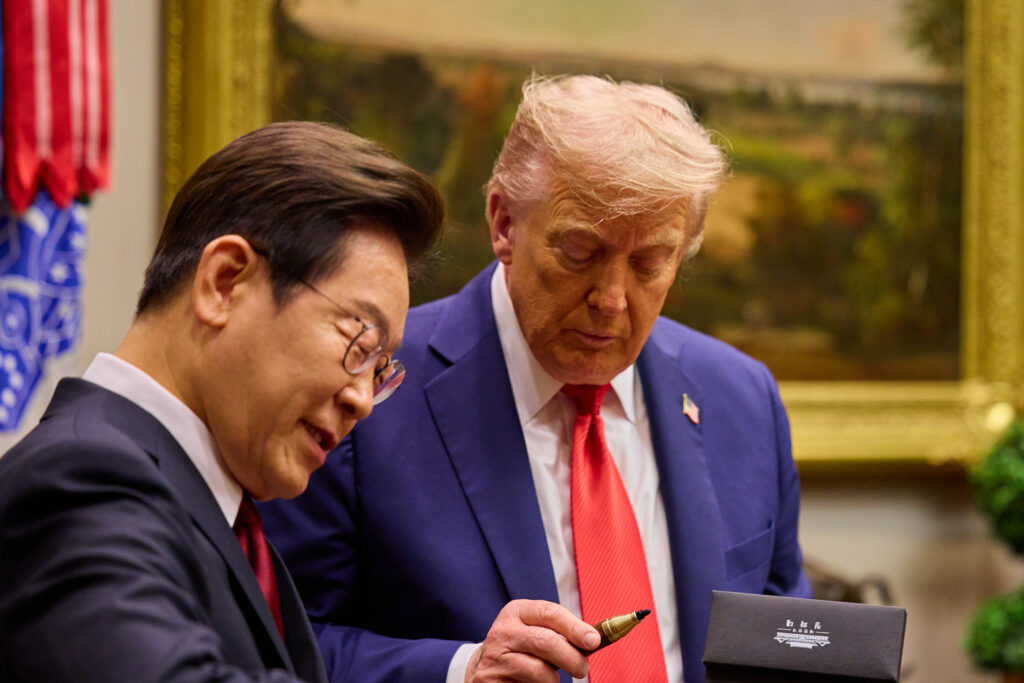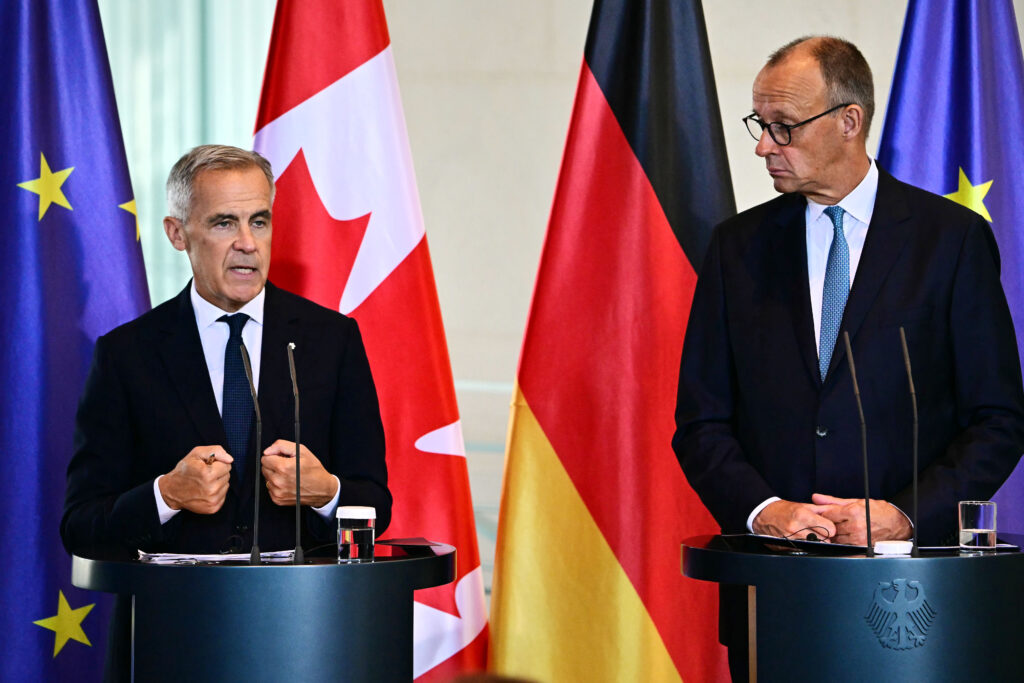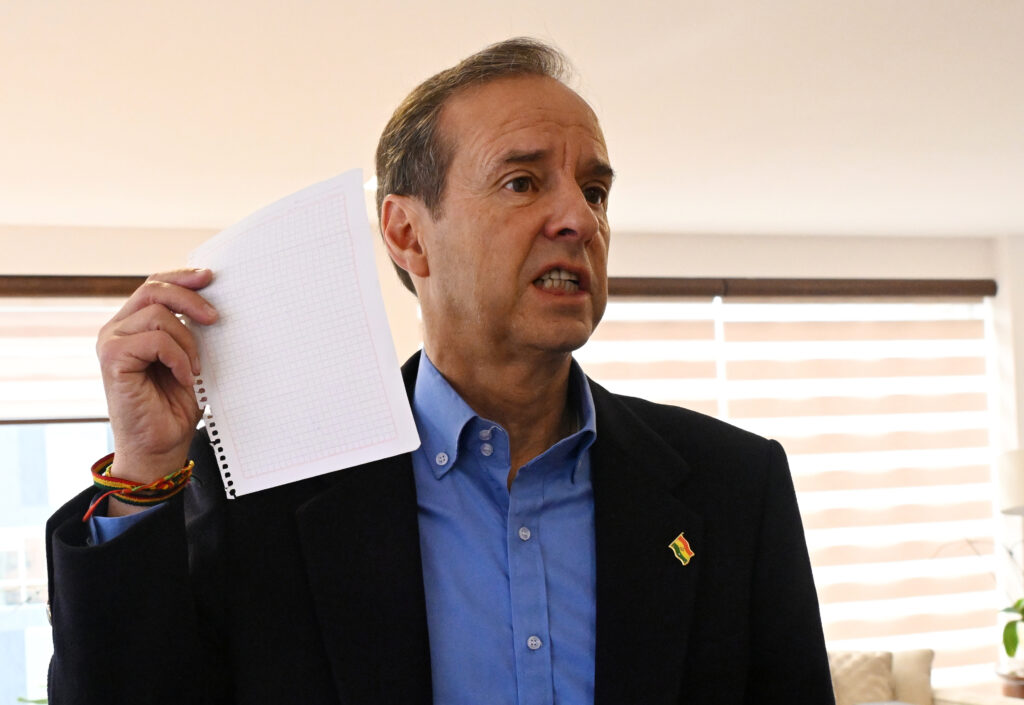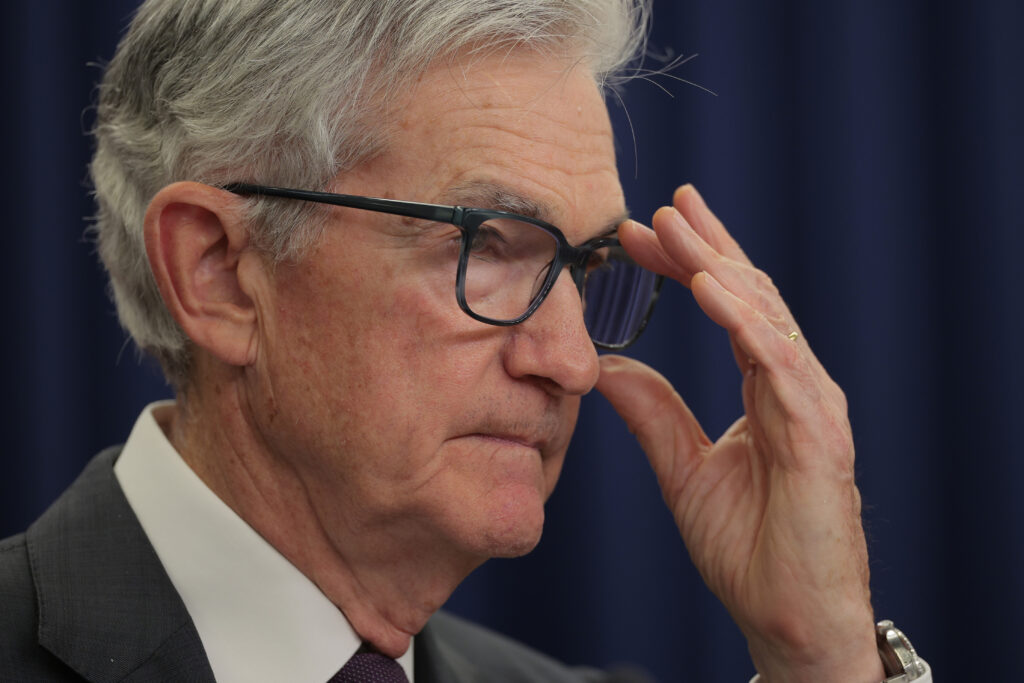Stocks drop on France turmoil, Trump’s Fed firing
Stock markets fell Tuesday as political turmoil in France hit investors’ risk appetite, as did US President Donald Trump’s move to fire central bank governor Lisa Cook.The Paris stock market tumbled and French borrowing costs rose over fears that France’s minority government could be toppled, after Prime Minister Francois Bayrou proposed a confidence vote to break an impasse over his proposed budget cuts.”Delaying or ditching (fiscal) reforms will make the debt situation more untenable and weigh on the economy,” said Neil Wilson, UK investor strategist at Saxo Markets. Shares in French banks sank, with BNP Paribas down around five percent while rival Societe Generale shed more than six percent.Both major lenders hold large amounts of French government debt.London and Frankfurt were also down in midday trading, following losses in Asia.”The French instability puts further pressure on already uneasy global markets after Donald Trump said he is firing Fed Governor Lisa Cook,” said Victoria Scholar, head of investment at Interactive Investor.Trump on Monday cited allegations of false statements on Cook’s mortgage agreement. “Although Cook said she will not resign, this still raises concerns about the Fed’s ability to set interest rates independently from political interference,” Scholar added.The unusual step, which is likely to face a legal challenge, adds to fears about the independence of the central bank, fuelled by Trump’s repeated public demands to Fed chairman Jerome Powell to lower interest rates.Powell suggested on Friday more cuts to US interest rates were on the horizon.The dollar fell while gold rose on Tuesday as investors sought a safe place to store their gains.Trump also said on Monday he would impose “substantial additional tariffs” on shipments from countries that do not cancel digital taxes and regulations, which he said were “designed to harm” US technology.He threatened to introduce export restrictions on “highly protected (US) technology and chips”, without offering further details.Eyes are now turning toward a US economic growth report on Thursday and a key inflation gauge Friday for clues on how far interest rates might fall — or not — in the coming months.Oil prices slid Tuesday following recent increases as traders track a possible peace deal to end the war between Ukraine and key crude producer Russia.- Key figures at around 1050 GMT -Paris – CAC 40: DOWN 1.4 percent at 7,731.15 pointsLondon – FTSE 100: DOWN 0.5 percent at 9,274.64Frankfurt – DAX: DOWN 0.3 percent at 24,194.83Tokyo – Nikkei 225: DOWN 1.0 percent at 42,394.40 (close)Hong Kong – Hang Seng Index: DOWN 1.2 percent at 25,524.92 (close)Shanghai – Composite: DOWN 0.4 percent at 3,868.38 (close)New York – Dow: DOWN 0.8 percent at 45,282.47 (close)Euro/dollar: UP at $1.1641 from $1.1624 on MondayPound/dollar: UP at $1.3474 from $1.3460Dollar/yen: DOWN at 147.64 yen from 147.70 yenEuro/pound: UP at 86.39 pence from 86.35 penceWest Texas Intermediate: DOWN 1.8 percent at $63.65 per barrelBrent North Sea Crude: DOWN 1.6 percent at $67.72 per barrel
